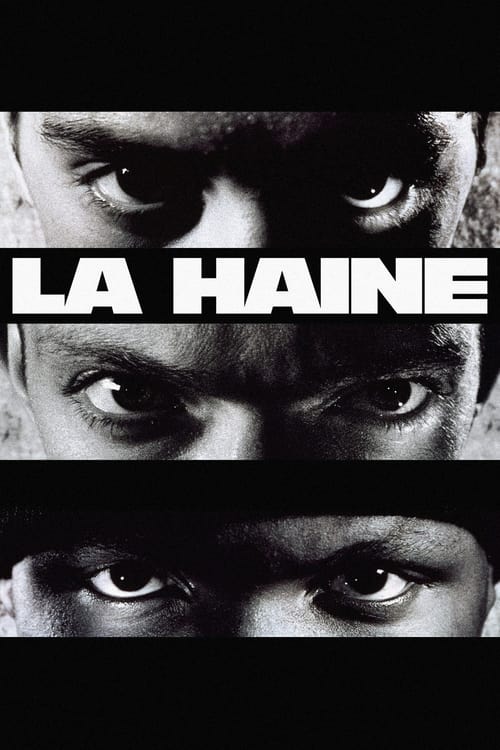
Title: La Haine
Year: 1995
Director: Mathieu Kassovitz
Writer: Mathieu Kassovitz
Cast: Vincent Cassel (Vinz), Hubert Koundé (Hubert), Saïd Taghmaoui (Saïd), Abdel Ahmed Ghili (Abdel), Solo (Santo),
Runtime: 98 min.
Synopsis: After a chaotic night of rioting in a marginal suburb of Paris, three young friends, Vinz, Hubert and Saïd, wander around unoccupied waiting for news about the state of health of a mutual friend who has been seriously injured when confronting the police.
Rating: 8.086/10